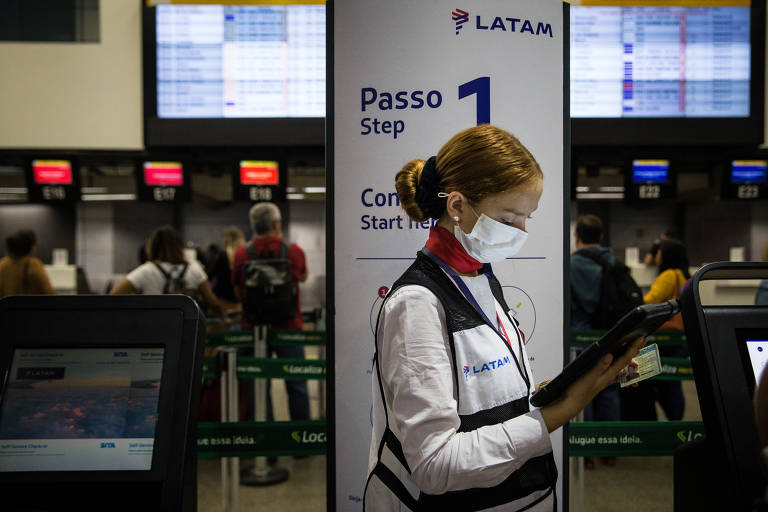The Brazilian government said on Monday that it would keep its borders open—a measure contrary to the global trend of European and South American countries.
"We are not thinking of closing borders, on the contrary. We are now going to solve the problem of the ship that is in Recife, and we have two Uruguayans and Argentines inside, that are passengers, and crew. We are going to receive these South Americans and monitor their isolation in Recife before we send them to their home countries", said the executive secretary of the Ministry of Health, João Gabbardo dos Reis, during a press interview this Monday afternoon.
During the interview, the Brazilian government continued to recommend voluntary isolation in the country, instead of the mandatory isolation similar that European authorities have ordered to contain the dispersion of the novel coronavirus.
The measure is valid for Brazilians who come from abroad, even without symptoms. In this case, the recommendation is that they stay at home for seven days and seek health care if they have a fever and other symptoms, such as coughing and shortness of breath.
For other people, the government recommends avoiding crowds and adopting measures of social distance. Isolation is mandatory only for people with a confirmed diagnosis and close contacts, such as family members.
On Monday, the Ministry of Health updated the confirmed number of people diagnosed with the novel coronavirus to 234.
The government also clarified that the recommendation of voluntary isolation should not be applied to foreigners who come to Brazil to participate in meetings or congresses. "There is no point in being in isolation at a hotel until they participate in the activity," said Wanderson Oliveira, the ministry's health surveillance secretary.
Translated by Kiratiana Freelon
